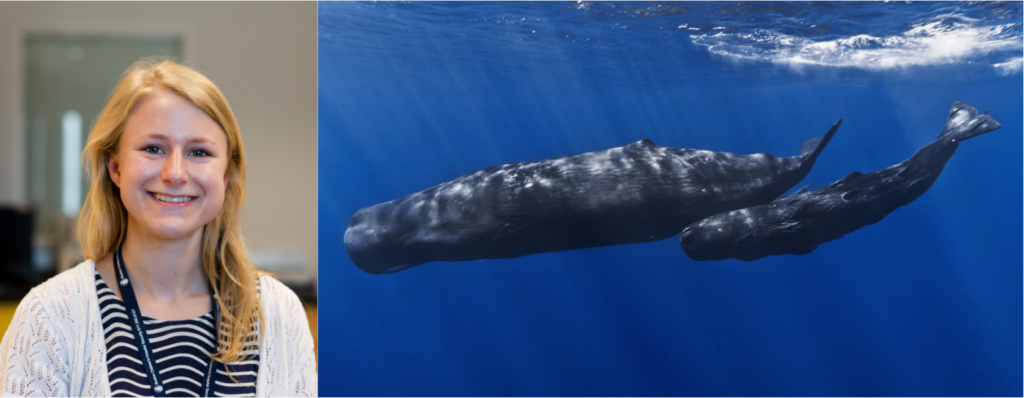Did you know that sepsis, an overreaction of the immune system to infection, is responsible for hundreds of thousands of deaths each year in the United States alone? To combat this deadly condition, Ocean Genome Legacy (OGL) is contributing to important immune research to fight sepsis.
What causes the body to react to infection? Why do some bacteria produce a greater immune response than others? Ph.D. candidate Anna Gauthier, of the Kagan Lab at Harvard University and the Rotjan Lab at the New England Aquarium, is using OGL samples to help solve these mysteries.

To tackle these questions, Gauthier is studying the innate immune system, an ancient line of defense against infection found in all animals both on land and in the sea. By looking at immune system genes across the vast diversity of marine life, from gargantuan whales to minute shrimp, and comparing those to human genes, she hopes to discover features that can help explain how this form of immunity works.
Gauthier’s work with OGL samples will help to provide vital knowledge about our own immune systems, findings that may help doctors fight infectious disease and sepsis.
The OGL biorepository works with scientists around the globe to preserve valuable DNA samples that can lead to new cures and discoveries. To support our efforts, please consider making a gift.
